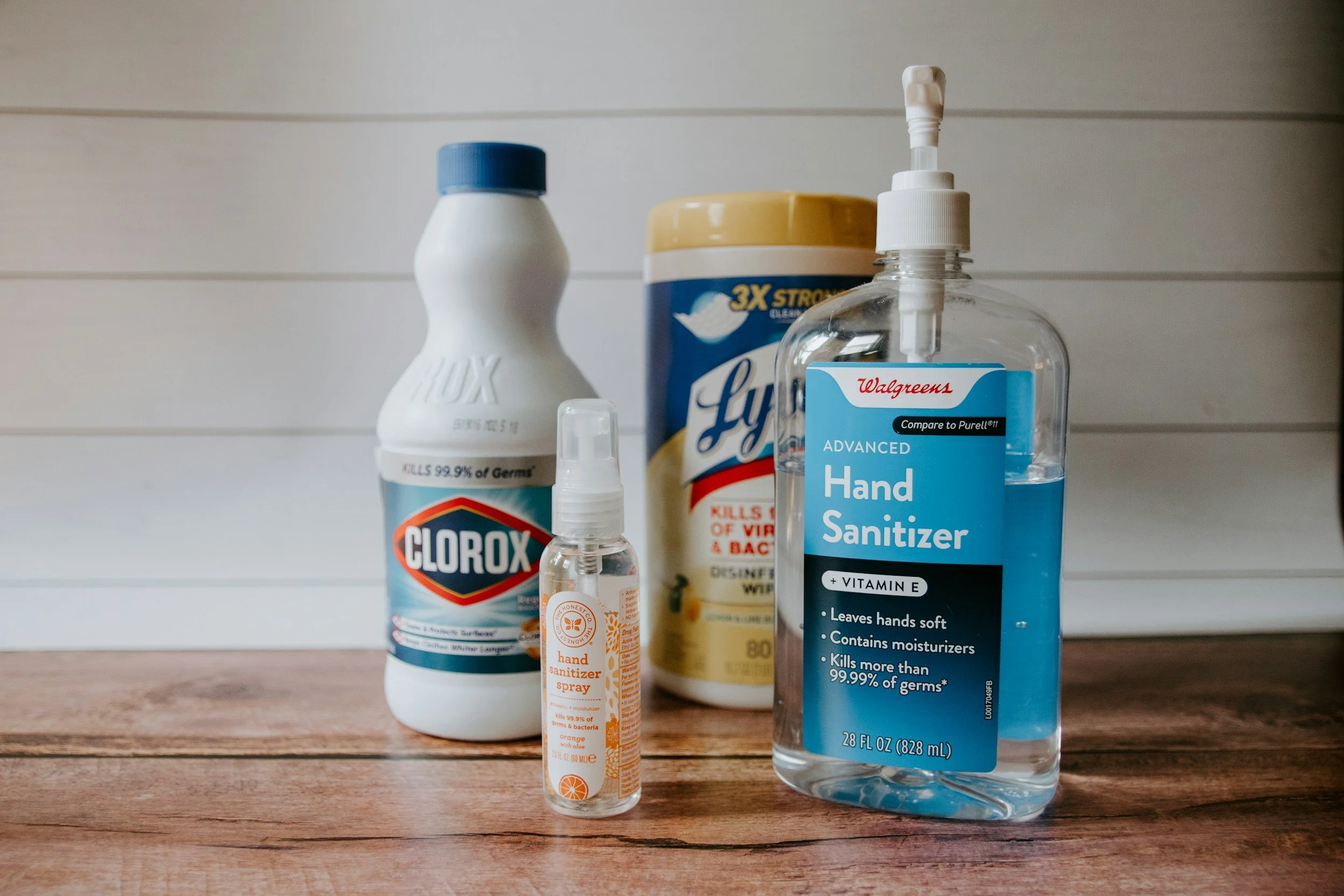Finding the right therapist for OCD can feel overwhelming—but it’s one of the most important steps you can take in your recovery. In this post, we’ll walk through what makes a therapist effective in treating OCD, why ERP therapy is essential, and how to decide if an OCD intensive might be right for you.
Read MoreUnresolved trauma doesn’t just affect your emotions—it can show up in your training, your performance, and your sense of identity as a dancer or athlete. This blog explores how emotional pain and PTSD symptoms can lead to mental blocks and setbacks in physical performance, and how trauma-informed therapy, including EMDR and EMDR intensives, can support true healing and recovery.
Read MoreContamination OCD can feel overwhelming and all-consuming, but there is hope. Intensive treatment for OCD offers a focused, effective approach to help individuals move through their fears and reclaim their lives. In this post, we’ll explore how OCD intensives work, why they’re uniquely helpful for contamination-related obsessions and compulsions, and what you can expect from the process.
Read MoreIf you’re searching for eating disorder treatment near you, it’s important to understand how treatment works, what options are available, and how to determine the best fit for your needs. In this post, we’ll break down the levels of care, how to evaluate your symptoms, and why reaching out for a personalized consultation is the most effective first step toward recovery.
Read MoreEMDR intensive therapy offers a focused, accelerated approach to healing trauma without disrupting your existing eating disorder recovery plan. Learn how this powerful tool can support your recovery journey without replacing your current treatment team.
Read MoreSelf-compassion is a powerful tool for managing anxiety. Learn how it can help you reframe negative self-talk, embrace challenges without fear of failure, and navigate anxious moments with kindness rather than self-criticism.
Read MoreEMDR intensive therapy offers a focused, accelerated path to healing from trauma, anxiety, and distressing life events—providing relief in days instead of months. Learn how it works, who it's for, and why it might be the breakthrough you’ve been waiting for.
Read MoreLearn how to navigate criticism in ballet by reframing corrections, building resilience, and maintaining confidence in a highly competitive environment.
Read MoreHave you ever considered doing group therapy? Here are three reasons why you should consider giving group therapy a shot for eating disorder recovery.
OCD is an anxiety disorder with two parts: intrusive thoughts (obsessions), and compulsive behaviors (rituals). In this article, we explain what obsessions and compulsions are, and what type of help is available for this challenging disorder.
Read MoreOCD intensive therapy is an accelerated form of OCD treatment designed for people who are motivated to make progress more quickly than they could in weekly therapy.
Read MoreYou don’t have to be 100% certain about starting recovery to get help for your eating disorder. Read about the stages of change, and why it’s perfectly normal to feel unsure about whether you’re ready to begin treatment.
Read MoreShame is one of the most difficult emotions we can experience - but what is it exactly?
Read MoreDo you know the coping skill, Play The Tape? We explain how you can use this useful strategy for responding to anxious “what if” thoughts.
Read MoreThere is a lot you can try to help you get a better night’s sleep. This is part 2 of our advice on managing insomnia and getting better sleep.
Read MoreWe have weeded through the most popular books for anxiety and are recommending the ones we, as therapists, find the most useful. Below are our top 5 favorite books for helping your anxiety.
Read MoreHigh quality sleep is an underrated factor in mental health. Which is why insomnia can be massive stressor when you’re already struggling to cope with your mental health. Here are some tips on getting a better night’s sleep .
Read MoreWhat’s the difference between stress and anxiety? And how do you know if you have one, the other, or both? Learn about the differences and possible solutions here.
Read More


















